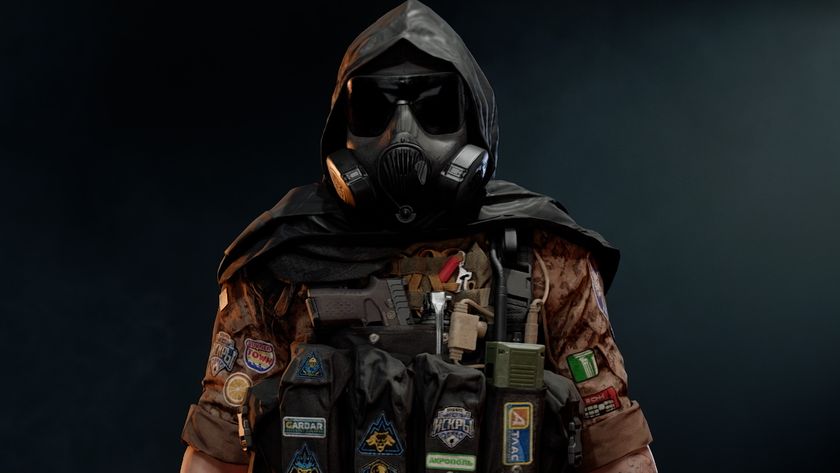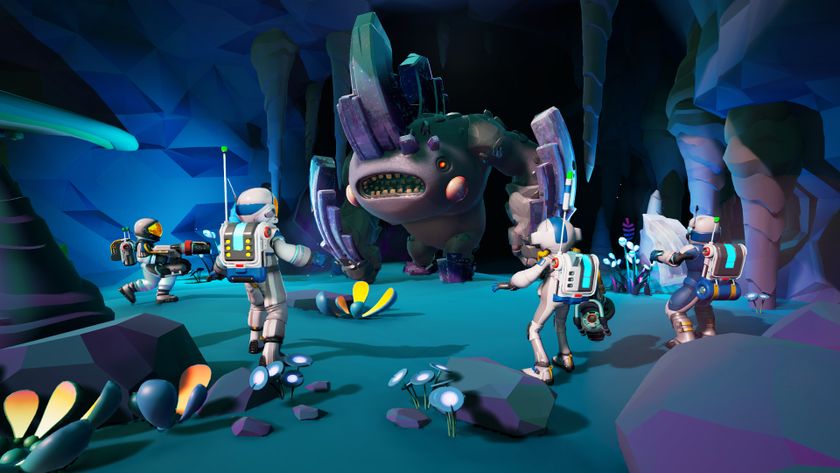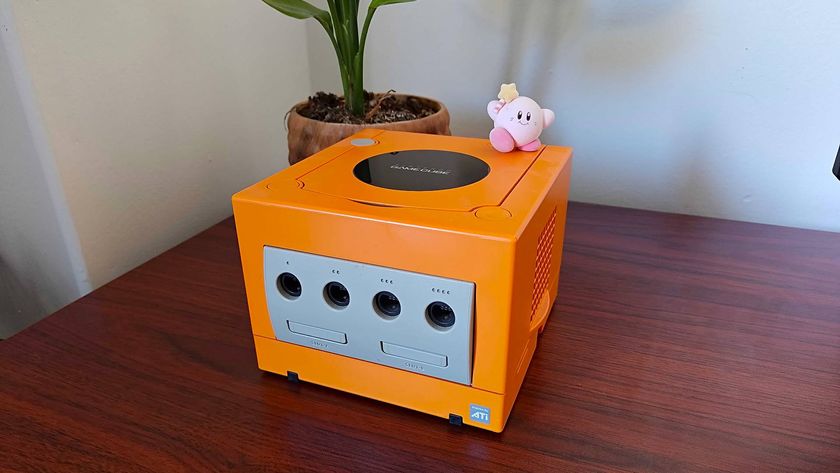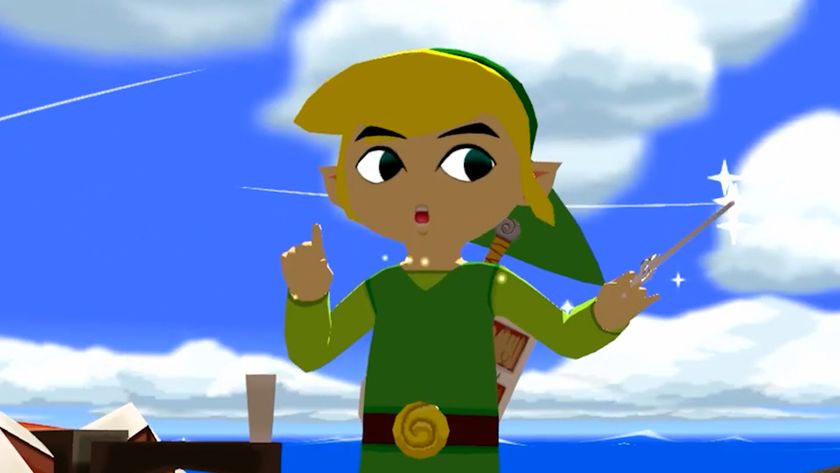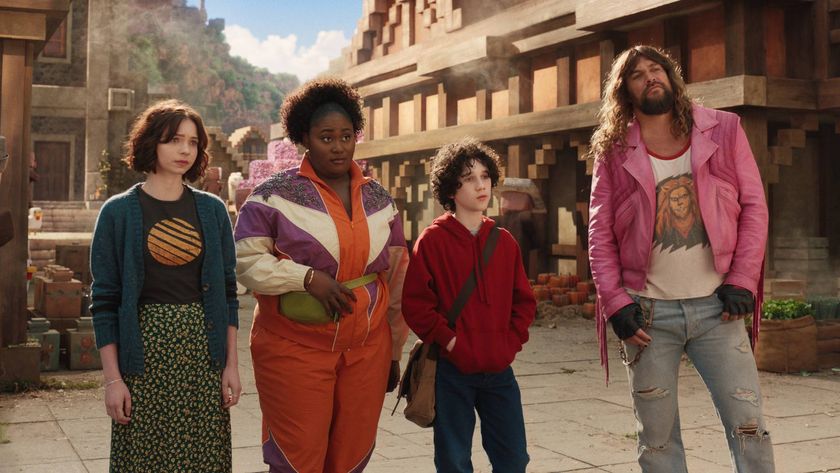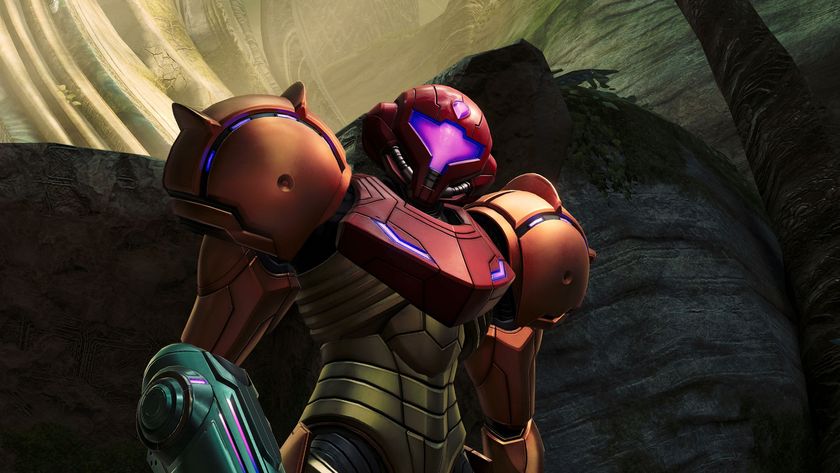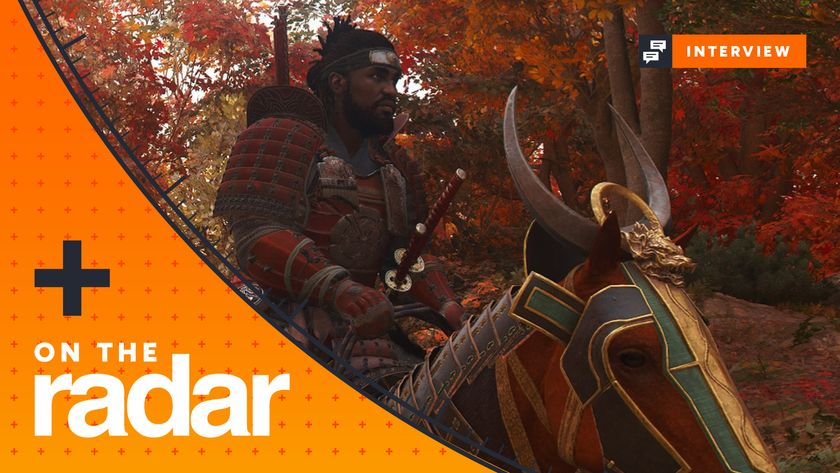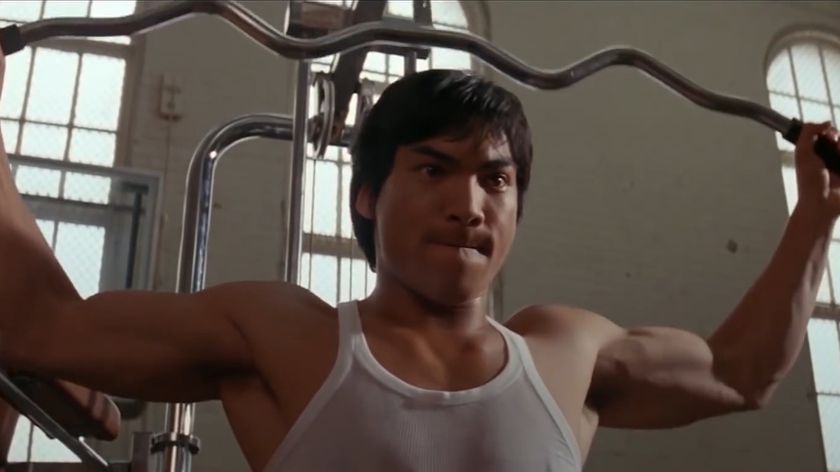What’s more, it (finally) turns your PSP into a truly indispensable piece of tech, your own on-the-go goggle box. So you can use it for something other than playing Patapon on the bus to work. Time to stock up on some spare PSP batteries.
Forget arguments about who’s watching what anymore. Girlfriend wants to watch the news while you want to watch The Simpsons? Simply take your PSP to the bedroom or to a quiet corner of your local pub and watch what you want, when you want. You can also choose to watch anything that you have recorded onto your PS3’s hard drive via live streaming. So, providing you’re in a Wi-Fi zone, you can view your chosen TV shows and movies pretty much anywhere you are in the world.
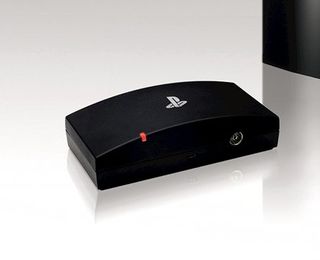
And all the TV-on-the-go voodoo doesn’t end there. You can also use your PSP as a portable electronic program guide, which means that you can check up on and alter your PlayTV recording options and preferences via your new magic portable TV-box. You need never miss Heroes or South Park ever again.
But, while the PSP streaming and EPG features are indeed the coolest aspects of the service, in reality how many people will actually make full use of them? If you want to watch your TV shows and movies while lazing around on a beach, then you plan ahead and do it on the portable DVD player you bought at the airport, surely? While the service sounds awesome in theory, PlayTV might turn out to be something that’s strictly for Sony fanboys and early adopters, yet lacking a more widespread, mass-market appeal. And whilethe top-shelf services are still a luxury for many, most of us already have either a DVR, decent VCRs or recordable DVD players.
Yet Sony certainly thinks it can crack the market and - if our guesstimate of around $150 (£70) for PlayTV is about right - we can’t wait to see what PS3 owners make of it when it launches later this Spring.
Mar 05, 2008
Sign up to the GamesRadar+ Newsletter
Weekly digests, tales from the communities you love, and more

